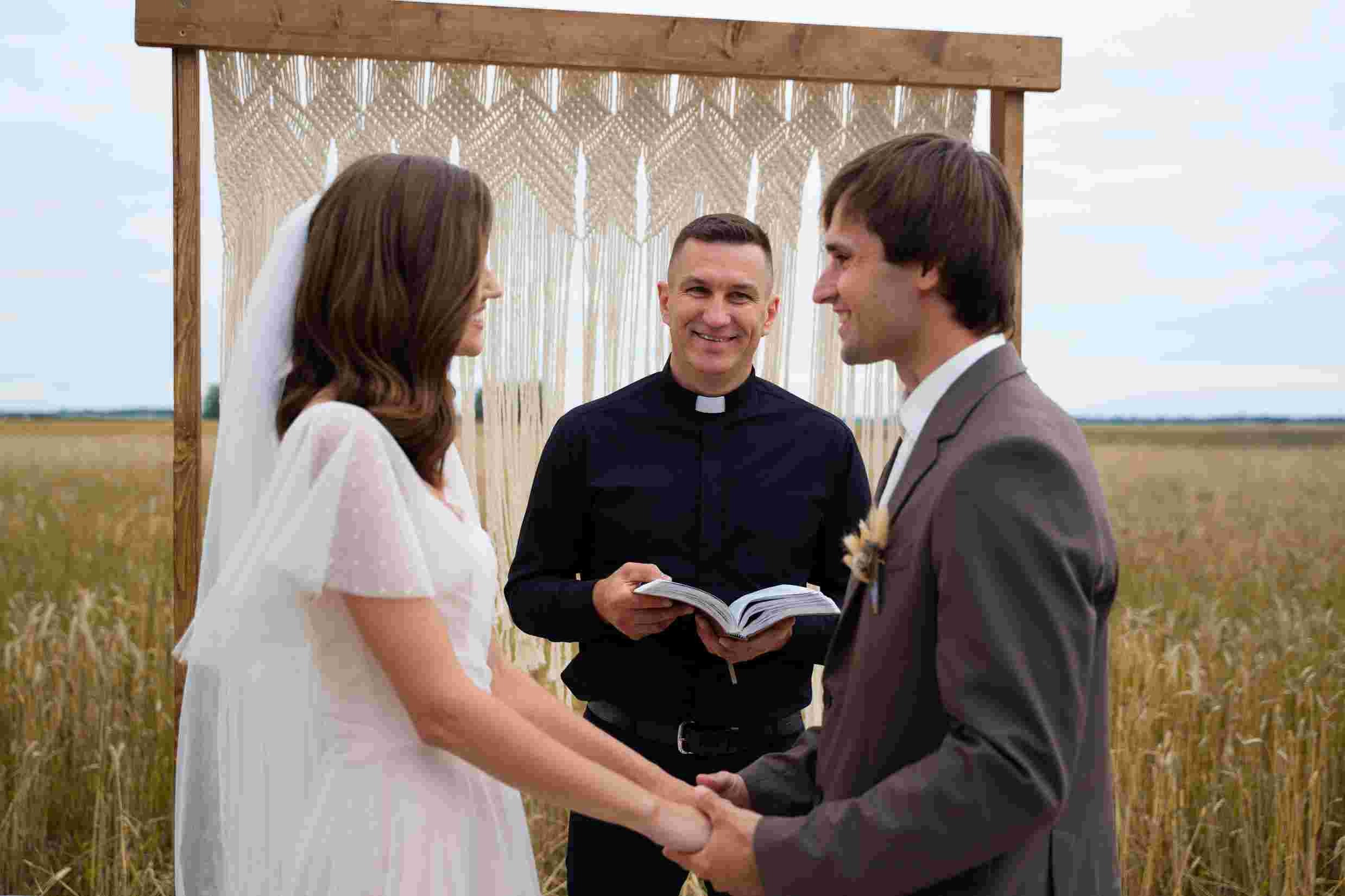Officiating a wedding is an honor, but it also comes with legal responsibilities. Whether you’re a friend asked to officiate a loved one’s wedding or someone looking to perform ceremonies regularly, understanding the legal requirements is crucial. Marriage laws vary across states, and failing to meet them can lead to complications—no couple wants to find out their wedding wasn’t legally binding!
One of the most straightforward ways to ensure you meet the legal requirements is to get ordained. Ordination gives you the legal authority to officiate weddings, and in many cases, the process is easier than you might think.
This guide breaks down the legal requirements you need to know and how getting ordained can help you navigate them smoothly.
Legal Requirements for Officiating Weddings
Each state in the U.S. has its own set of rules regarding who can legally officiate a wedding. Here are six major legal factors to consider before stepping up to perform a ceremony:
-
State Recognition of Officiants
Not just anyone can officiate a wedding—well, legally speaking. States have specific lists of recognized officiants, which usually include:
- Judges and court clerks
- Religious leaders (priests, rabbis, ministers, etc.)
- Civil officiants (such as a justice of the peace)
- Online-ordained ministers (depending on state laws)
If you get ordained online, you should verify whether your state recognizes online ordination for officiants. Some states, such as Tennessee and Virginia, have restrictions on online ordinations, while most others accept them.
-
Registration and Credentials
Many states require officiants to register with a local government office before performing a wedding. This could be at a county clerk’s office or a state-level registrar. The process often involves:
- Providing proof of ordination
- Filling out official forms
- Paying a small registration fee (usually between $10 and $50)
For example, in New York City, officiants must register with the City Clerk before legally performing a wedding. Skipping this step could lead to an invalid marriage, which is not a great wedding gift!
-
Marriage License Requirements
The couple must obtain a marriage license before the ceremony, but the officiant ensures it is handled correctly. As an officiant, your responsibilities often include:
- Checking the couple’s marriage license to ensure it’s valid for the ceremony date
- Making sure the couple and witnesses sign the license after the ceremony
- Submitting the completed license to the appropriate office within the required timeframe (often within a few days)
Every state has different rules on when and how the marriage license must be returned. The marriage may not be legally recognized if the paperwork isn’t filed correctly.
-
Age and Consent Laws
Every state has laws regarding the minimum age for marriage and the consent required:
- Most states require both individuals to be at least 18 years old
- Some states allow minors to marry with parental consent or a court order
- Certain states prohibit marriages between people who are too closely related
As an officiant, you should be aware of these laws to ensure your marriage is legal. While it’s not your job to check birth certificates, knowing the basic requirements can help prevent potential legal issues.
-
Ceremony Structure and Legal Wording
While many couples want personalized vows and creative ceremonies, some states require specific wording to make the marriage official. For example:
- Some states require the couple to say “I do” or explicitly agree to the marriage
- In some places, the officiant must legally pronounce the couple as married
- A certain number of witnesses (typically one or two) may be required to be present
Officiants should familiarize themselves with their state’s marriage laws to avoid missing legally required elements. Otherwise, the couple may need to redo the ceremony—awkward!
-
Religious vs. Civil Ceremonies
Some states differentiate between religious and civil ceremonies:
- Civil ceremonies are usually conducted by judges, justices of the peace, or government officials
- Religious ceremonies must be performed by an ordained or recognized minister
If you plan to officiate weddings as a religious minister, getting ordained through a recognized organization is essential. This ensures that your ordination is legally valid for performing ceremonies in your state.
Wrapping Up!
Officiating a wedding is more than just standing before a couple and saying a few words—legal responsibilities are involved. Understanding your state’s officiant requirements can help ensure that every ceremony you perform is valid and legally binding.
One of the best ways to meet these requirements is to get ordained through a legally recognized organization. Ordination gives you the credentials to officiate weddings confidently, whether for a friend, family member, or a couple looking for a meaningful ceremony.
At all faith ministry, we make the ordination process simple and accessible, so you can focus on creating beautiful and legally valid wedding ceremonies. Whether you’re officiating your first wedding or planning to perform many, getting ordained is the first step toward making it official—literally!









